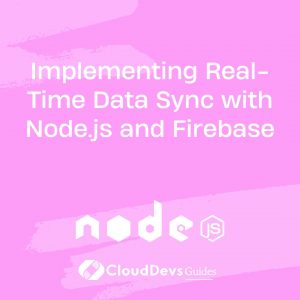How do you implement logging in Node.js?
Logging in Node.js involves capturing and recording information about the execution of an application, such as error messages, warnings, debugging information, and application events. Proper logging is essential for diagnosing issues, monitoring application performance, and maintaining system reliability.
There are several logging libraries available for Node.js, each offering different features and capabilities. Some commonly used logging libraries include Winston, Bunyan, Pino, and Log4js. These libraries provide configurable log levels, log formatting options, log rotation, log transport mechanisms (e.g., console, file, database), and support for structured logging.
Here’s a basic example of how to implement logging using Winston:
- Install Winston:
- bash
- Copy code
npm install winston
- Configure Logger:
-
- Create a logger configuration file (e.g., logger.js) to set up Winston with desired options.
- javascript
- Copy code
const { createLogger, format, transports } = require('winton');
const logger = createLogger({
level: 'info',
format: format.combine(
format.timestamp(),
format.simple()
),
transports: [
new transports.Console(),
new transports.File({ filename: 'error.log', level: 'error' })
]
});
module.exports = logger;
- Use Logger in Application:
-
- Import the logger module and use it throughout the application to log messages.
- javascript
- Copy code
const logger = require('./logger');
logger.info('Application started');
logger.warn('Warning: Resource limit exceeded');
logger.error('Error: Database connection failed');
By implementing logging in Node.js applications, developers can gain insights into application behavior, track errors and warnings, monitor performance metrics, and troubleshoot issues effectively.








